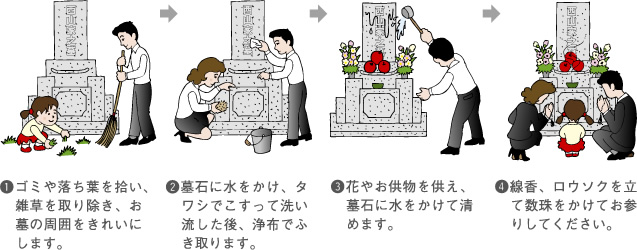Thursday was a full moon. During this phase it is traditional to renew precepts. I regularly do with "a good friend." We have ritual renewal of the bodhisattva precepts.
For those who have taken precepts: Do you regularly renew at home?
Below is the ritual that we have established, in french of course, because we are French Buddhists.
After four great vows we practice zazen time, then we take one of the 10 precepts and discuss together.
rituel préceptes-2.jpg
For those who have taken precepts: Do you regularly renew at home?
Below is the ritual that we have established, in french of course, because we are French Buddhists.
After four great vows we practice zazen time, then we take one of the 10 precepts and discuss together.
rituel préceptes-2.jpg










Comment